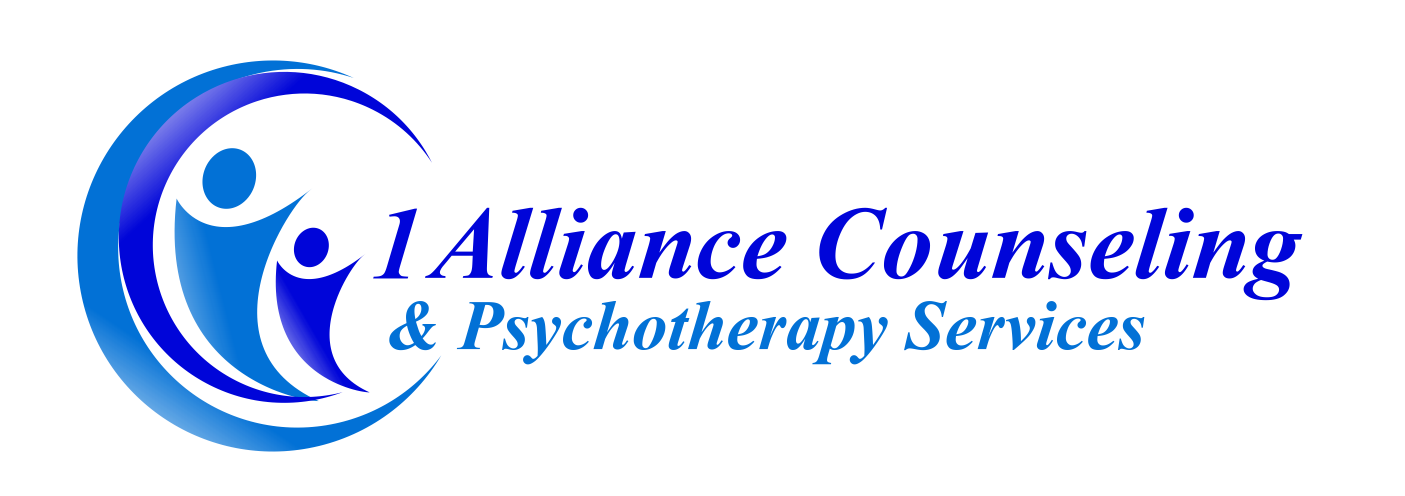In the journey of life, we all seek happiness, fulfillment, and success. Along this path, one of the most crucial factors that can significantly impact our well-being is the presence of supportive friends and a nurturing community. True friends who uplift, inspire, and encourage us can make all the difference in our mental health and overall quality of life. Conversely, negative influences can hinder our growth and happiness. In this blog, we will explore the importance of supportive friends, the value of creating a supportive community, and how to address friendships that may not be beneficial for our mental health.
True friends are more than mere companions; they play an integral role in our emotional well-being. Supportive friends offer a shoulder to lean on during challenging times. They provide empathy, understanding, and help us navigate through difficult situations. They can be a source of encouragement and motivation. Positive friends inspire us to reach our goals and push our boundaries. Their belief in our abilities can serve as a catalyst for personal growth and achievement.
Friends with strong bonds will also give us the gift of honesty. Bell Hooks says in her book, All About Love: New Visions, “To be loving we willingly hear each other’s truth and, most important, we affirm the value of truth telling. Lies may make people feel better, but they do not help them to know love.” Constructive criticism from friends who genuinely care helps us identify areas for improvement. Their input contributes to our self-development and fosters a growth mindset.
Along with individual relationships, nurturing a supportive community requires effort and intentionality. Here are some strategies to foster an environment of positivity and encouragement:
a. Cultivate Open Communication: Encourage honest and respectful dialogue within your community. Create spaces where individuals can express themselves freely, share their struggles, and seek support.
b. Foster Empathy and Kindness: Promote empathy by encouraging community members to understand and appreciate each other’s experiences and perspectives. Kindness and respect should be the cornerstone of all interactions.
c. Celebrate Diversity: Embrace diversity and encourage inclusivity within your community. Emphasize the value of different backgrounds, cultures, and opinions. A diverse community fosters learning, growth, and mutual respect.
Unfortunately, not all friendships are healthy or beneficial for our mental well-being. Here’s what you can do if you find yourself in a toxic friendship:
a. Recognize the Signs: Be aware of signs of a toxic friendship, such as constant criticism, manipulation, lack of support, or disrespect. Acknowledging the problem is the first step toward finding a solution.
b. Set Boundaries: Establish clear boundaries and communicate your needs to your friend. If they disregard or consistently violate these boundaries, it may be time to reevaluate the friendship.
c. Seek Support: Talk to other trusted friends, family members, or a mental health professional about the challenges you’re facing. They can provide guidance and support during this difficult time.
d. Prioritize Your Well-being: Remember that your mental health should always come first. If a friendship continues to have a detrimental impact on your well-being, it might be necessary to distance yourself or end the friendship altogether.
Supportive friends and a nurturing community are essential for our overall well-being. Surrounding ourselves with positive influences enhances our emotional resilience, self-confidence, and personal growth. By fostering open communication, empathy, and kindness, we can create a community that uplifts and supports its members. However, it’s crucial to identify and address toxic friendships that may be detrimental to our mental health. Remember, you deserve friends who celebrate your successes, support you in tough times, and help you become the best version of yourself.
